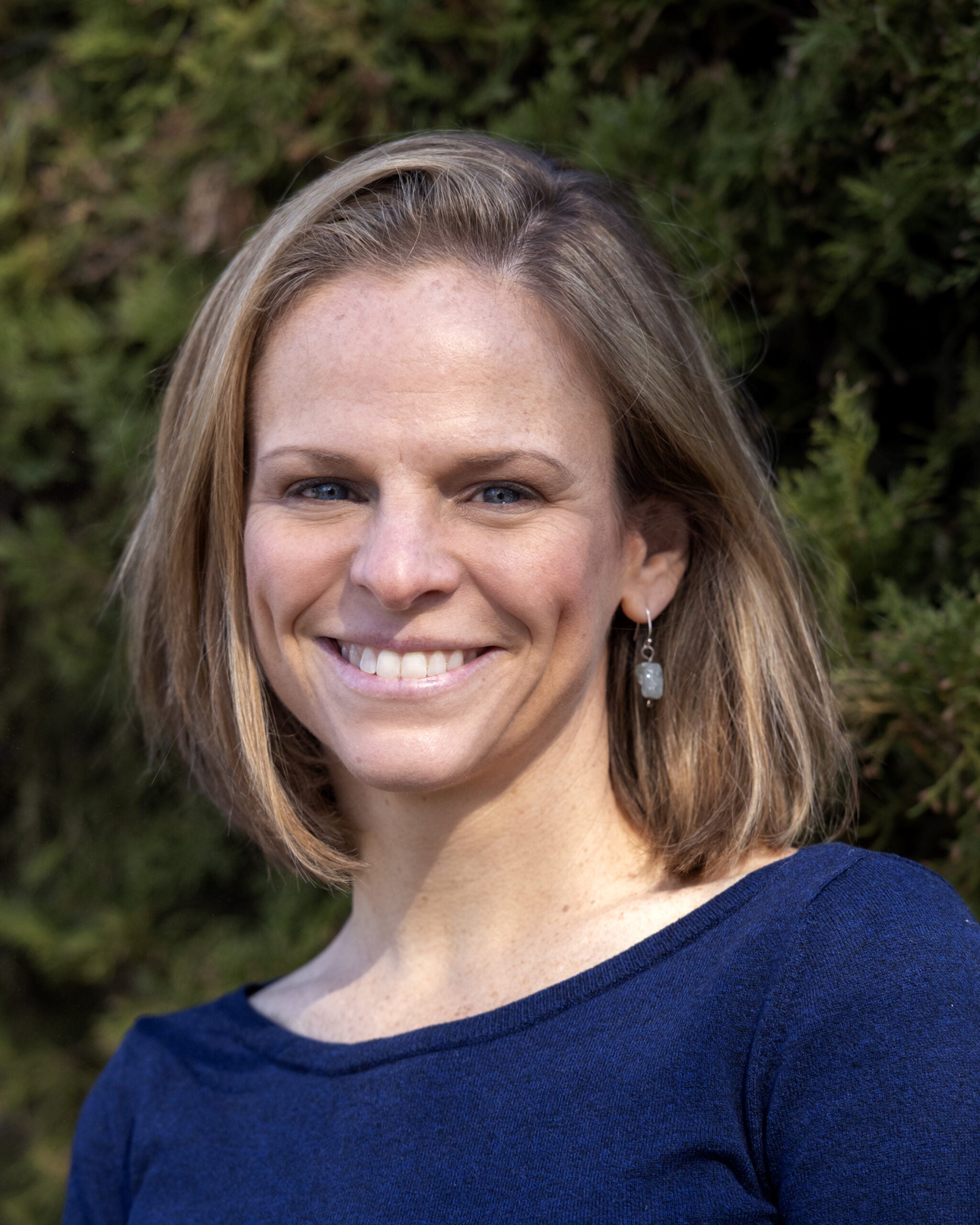Profile
About Me

Professor and HCRI Director
Department of Geosciences
Phone: (208) 426-4154
E-mail: brittanybrand@boisestate.edu
Personal Webpage: Brittany Brand’s Geosciences Faculty Profile
Research
- Volcanology
- Effective hazard and risk communication strategies
- Risk Perception
- Preparedness Behavior
- Community Resilience
Hazard Preparedness Research: I work to bridge the gap between science and society by combining research, outreach, and education. My research group and I investigate ways to motivate preparedness actions for natural hazards by engaging individuals in active (experiential) learning opportunities. The goals of our efforts are to help residents personalize risk and develop positive attitudes toward the efficacy of taking protective actions. We base our research on the Protective Action Decision Model (PADM), which integrates approaches in social influence, persuasion, behavioral decision making, attitude-behavior relationships, protective action, and innovation to demonstrate the phases though which an individual must typically pass before taking protective action (Lindell and Perry, 2012). We assess our efforts through a combination of surveys and focus groups that measure perceptions and attitudes before and after our communication events, as well as general societal surveys.
Community Resilience: My community resilience research focuses on engaging a diverse group of community members and researchers to co-develop community-driven, locally relevant resilience metrics that holistically assess community disaster resilience needs. Methods include a multidimensional analysis of the social, human, natural, economic, and physical capitals, and the integration of existing resilience efforts (e.g., hazard mitigation plans; sustainability plans) to address local needs. We aim to explore the resources and connections that enable a community (or region) to address chronic stresses and recover from acute shocks — fostering healthy, resilient, thriving communities. Our community engagement strategy also promotes a Resilience Community of Practice — a goal of the HCRI.
Volcanology Research: My volcanology research focuses on eruption dynamics, sediment transport in volcanic flows and volcanic hazard assessment. The foundation of my research is field-based observation and measurements, which are used for development and validation of experimental and numerical models. Establishing relationships between depositional characteristics and eruptive processes is a fundamental first step toward answering outstanding questions regarding the controls on eruption dynamics, mechanisms of sediment transport and hazards associated with sediment gravity flows, and the local and global consequences of volcanism on Earth and other planets.
Collaboration
Through the HCRI, we strive to connect researchers, students, and community partners to collaboratively address community resilience research and practical needs. We envision a world where researchers and community partners regularly work together to address societal challenges, effectively translating research to practice. As such, I am enthusiastically open to collaborating on a wide range of topics across all disciplines and sectors of society.
Current Students
- Prithila Datta Purkayastha (Ph.D.) – Modeling Resilience Through a Community Lens: Discovering Data, Creating Tools, and Connecting People Who Make Resilience Possible
- Sabrina Akther (Ph.D.) – Humanizing Flood and Other Hazard Data for Use in Local Resilience Planning
- Ashley Bosa (Ph.D.) – Fluid dynamics of surficial volcanic hazards
- Justin Crevier (Undergraduate Geoscience Major) – Pre-Plinian Perplexity: Constraining the Transition from the blast to Plinian phases of the 18 May 1980 Mt St Helens Eruption
- Nathaniel Campbell (Undergraduate Urban Studies Major) – Housing Resilience in Rural Idaho
- Anujay Chopra (Undergraduate Communication Major) – Flood Resilience in Kamiah, Idaho
- Tayah Brodt (Undergraduate Economics Major) – Economic Resilience: A study of tax revenue structures in Lewis County, Idaho
Former Students
Doctoral Students:
- Aaron Marshall (Ph.D. 2022) – Mafic Explosive Volcanism at Llaima Volcano: 3D X-Ray Microtomography Reconstruction of Pyroclasts to Constrain Shallow Conduit Processes
- Carson MacPherson-Krutsky (Ph.D. 2021) – Translating risk information to protective action– Examining household response to information about earthquake hazards and risk
- Nicholas Pollock (Ph.D. 2019) – Synthesizing Field and Experimental Techniques to Investigate the Enigmatic Processes Occurring at the Base of Pyroclastic Currents
Masters of Science Students
- Pedro Valdivia Munoz (M.S. 2021) – Mafic explosive volcanism at Llaima volcano (Chile): 3D X-ray microtomography reconstruction of pyroclast to constrain shallow conduit processes
- Gabriel Garcia (M.S. 2018) – Identifying Evidence for Explosive Volcanism on Mars Through Geomorphologic and Thermophysical Observations
- Andrew Gase (M.S. 2017) – Near-surface geophysical investigations of pyroclastic deposits from the 18 May 1980 eruption of Mount St Helens: Constraints on geophysical properties and implications for erosional self-channelization of pyroclastic density currents
- Kimberley Corwin (M.S. 2016) – Living in Lahar Zones: Assessing Hazard Exposure, Risk Perception, and Preparedness Behaviors in Communities within the Mount Baker and Glacier Peak Volcanic Hazard Zones
- Nicholas Pollock (M.S. 2013) – Field evidence for substrate entrainment by pyroclastic density currents and its effect on downstream dynamics at Mount St Helens, Washington (USA)
Undergraduate Students:
- Caleb Tidwell (B.S. 2022) – Natural Hazard Education and Outreach; Communications Assistant for the Boise State Hazard and Climate Resilience Institute (May 2021 – Present)
- Patrick Zrelak (B.S. 2020) – Decoding pyroclastic density current flow direction and shear conditions in the flow boundary zone via particle-fabric analysis
Teaching
- UF100: (Un)Natural Hazards
- HONORS 392a: Volcanoes and Society
- HONORS 392b: Natural Hazards, Vulnerability, and Risk
- GEOS 242: Communication in the Earth Sciences
- GEOS 460/560: Volcanology
- GEOS 597: Advanced Physical Volcanology
- GEOS 593: Advanced Field Methods in Volcanology
- GEOS 300-level: Natural Hazards, Vulnerability, and Risk (to be offered in the near future)
Community Partners
- Ada County Emergency Management
- Hazard Ready LLC, University of Montana
- Lewis and Clarke College, Portland, Oregon
- Portland Community College, Portland, Oregon
- Oregon Office of Emergency Management
- Multnomah County Emergency Management
- Washington County Public Health and Emergency Management
- Oregon Department of Geology and Mineral Industries (DOGAMI)
- Listos (Portland, Oregon)
- See our Community Partners page for more collaborators.